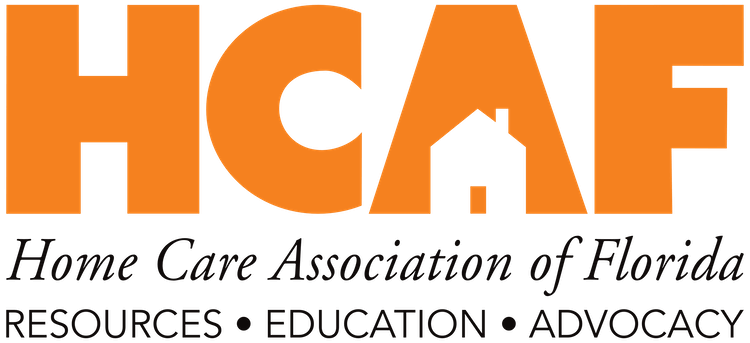Bipartisan Legislation Aims to Protect Medicare Home Health Services from Devastating Cuts

Bipartisan Legislation Aims to Protect Medicare Home Health Services from Devastating Cuts
In response to substantial proposed reductions in Medicare home health payment rates, a crucial bipartisan effort has emerged in the U.S. House of Representatives. The Preserving Access to Home Health Act of 2023 (H.R.5159), introduced by Representatives Terri Sewell (D-AL) and Adrian Smith (R-NE), seeks to rectify past and prevent future cuts to the Medicare home health payment model. This bill mirrors a Senate version, S.2137, introduced by Senators Debbie Stabenow (D-MI) and Susan Collins (R-ME), indicating cross-party concern over the issue.
The backdrop to this legislation is the Centers for Medicare & Medicaid Services' (CMS) implementation of a permanent 7.85% reduction to the base payment rate for home health services, distributed as a 3.925% cut in 2023 and a proposed 3.925% in 2024. An additional temporary $2 billion reduction was also implemented. In response, the Preserving Access to Home Health Act aims to limit CMS's ability to make these cuts, citing flawed budget neutrality methodology.
A major factor behind the payment cuts is the Patient-Driven Groupings Model (PDGM), introduced in 2020 as a new payment system for Medicare home health. While intended to be budget neutral, CMS's approach has led to significant payment reductions that have lowered base payment rates to unsustainable levels. These cuts are projected to deepen in the future.
The legislation also tasks the Medicare Payment Advisory Commission (MedPAC) with analyzing the Medicare home health program, including its impact on other health care services under different payers. This mandate aims to increase transparency in calculations and updates MedPAC's Medicare home health cost reports with essential data on visit utilization and total payments. This analysis could provide valuable insights into the program and its influence on care access for beneficiaries.
The proposed permanent rate cut of 9.36% equates to over $1 billion in annual reductions and could have dire consequences for patients reliant on home health services. The Congressional Budget Office (CBO) forecasts a concerning drop in home health spending from $18 billion in 2019 to $15 billion yearly for 2024-2027. Such steep reductions risk compromising the program's ability to cater to vulnerable populations' health care needs.
Home health services have proven to be a preferred option among patients, with both adults and Medicare beneficiaries expressing their desire for post-hospital, short-term care at home instead of nursing homes. Home health not only aligns with patient preferences but also saves Medicare funds. Data from the Home Health Value-Based Model (HHVBP) reveals that it has saved the Medicare Trust Fund $1.38 billion over six years by decreasing hospitalizations and skilled nursing stays.
Furthermore, home health care availability facilitates quicker hospital discharges, supporting efficient care transitions. However, the increasing rate of referrals being declined for home health care has resulted in prolonged hospital stays and difficulties in moving patients from hospitals to their homes.
The Preserving Access to Home Health Act is immediately needed to protect the future viability of the Medicare home health program, and we need your voice to get this legislation passed. Click here to send an email to your lawmakers today urging them to support this vital legislation!
The National Association for Home Care & Hospice (NAHC) contributed to this report.
